WASHINGTON - In an effort to increase awareness of Joint Force Headquarters National Capital Region and the U.S. Army Military District of Washington, Command Sgt. Major Michael W. Williams, Command Sergeant Major for the Command, spoke to a group of more than 30 Army ROTC Cadets, ranging from freshmen to seniors, during their weekly lab period.
This group of the Army's future leaders learned more about the Army's ceremonial and tactical presence in the National Capital Region and the influence that Noncommissioned Officers will have on their careers during an hour-long discussion with Williams on Feb. 18, at Douglass Hall on Howard University's Campus in Washington, D.C.
Williams introduced the cadets to the command, its responsibilities as guardians of the National Capital Region and its ceremonial mission. Williams also took the opportunity to impart his lessons learned on the cadets in an effort to help them understand the important relationship between NCOs and officers.
While emphasizing the three "R"s to the future officers, Williams said "rules without relationships lead to rebellion." Williams stressed the importance of leaders establishing relationships with their Soldiers and NCOs as well as gaining an understanding of the organization they are a part of before instituting new rules.
As a part of his presentation, Williams encouraged audience participation by testing the cadets' knowledge on The 3rd U.S. Infantry Regiment (The Old Guard), one of JFHQ-NCR/MDW's subordinate commands, and the Tomb of the Unknown Soldier.
For the majority of cadets, Williams' briefing was their first introduction to JFHQ-NCR/MDW. However, Cadet Captain Bruce Bryant, a senior in the Army ROTC Program at Howard, was very familiar with The Old Guard's unique mission.
Prior to enrolling at Howard University, Bryant was in The Old Guard and served as a Tomb Sentinel, the Soldiers who guard the Tomb of the Unknown Soldier. After completing the rigorous training to become a Tomb Sentinel, Bryant was awarded Tomb Badge 531 and served proudly before deciding to leave his enlisted career as an E-4 and take advantage of the Army's Green-to-Gold Program in December of 2006.
Now, as a future Army officer, Bryant provides a unique perspective to his classes and has mastered the art of time management. Taking more than a full course load in order to graduate by the end of the summer, working a full-time job, and being in Army ROTC, all while holding a 3.13 GPA, Bryant is a true example of how the Army, especially The Old Guard, instills the skills necessary to succeed in life.
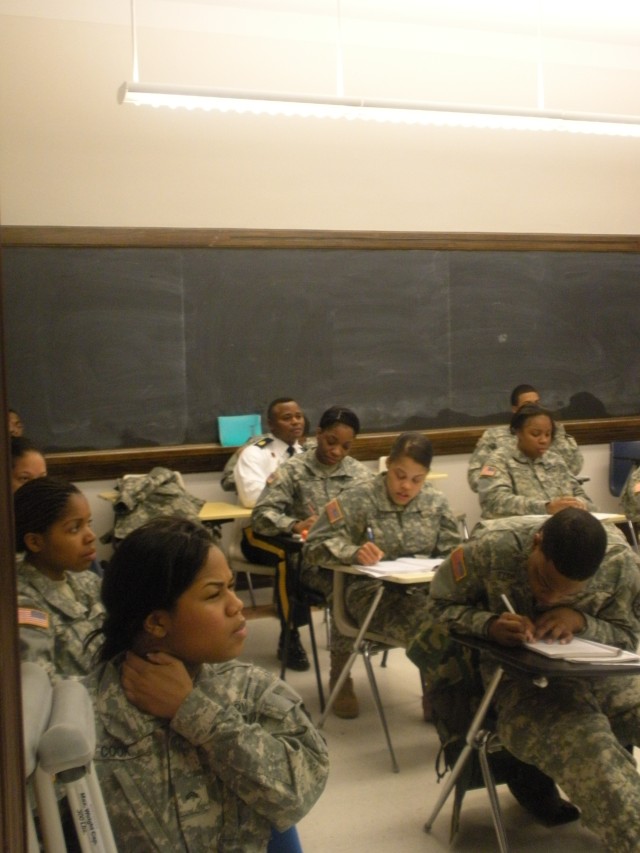
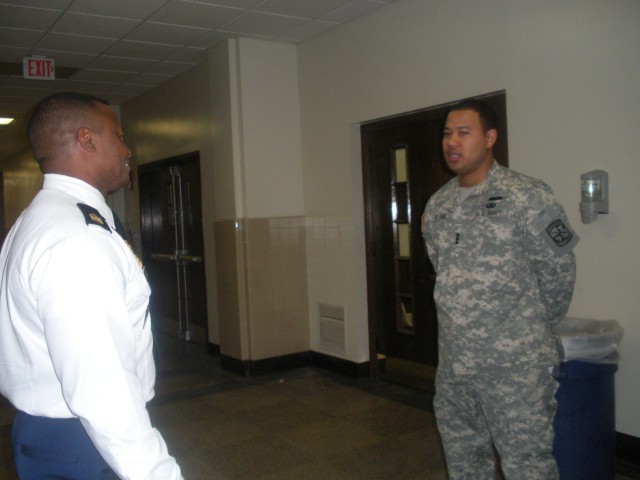
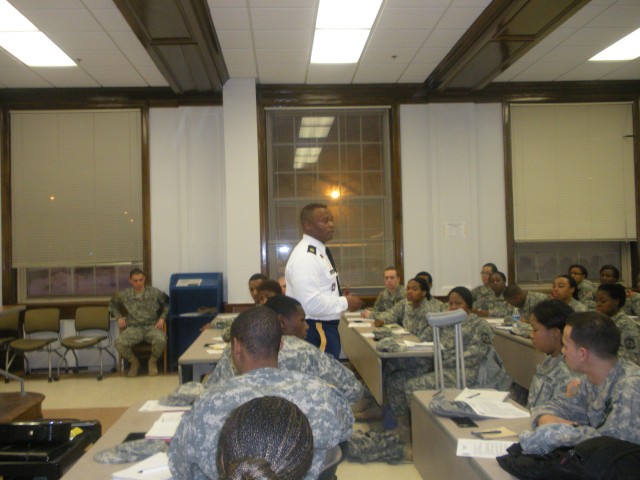
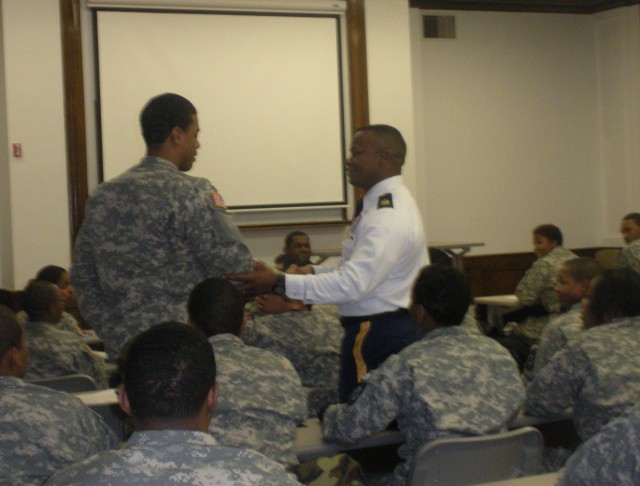
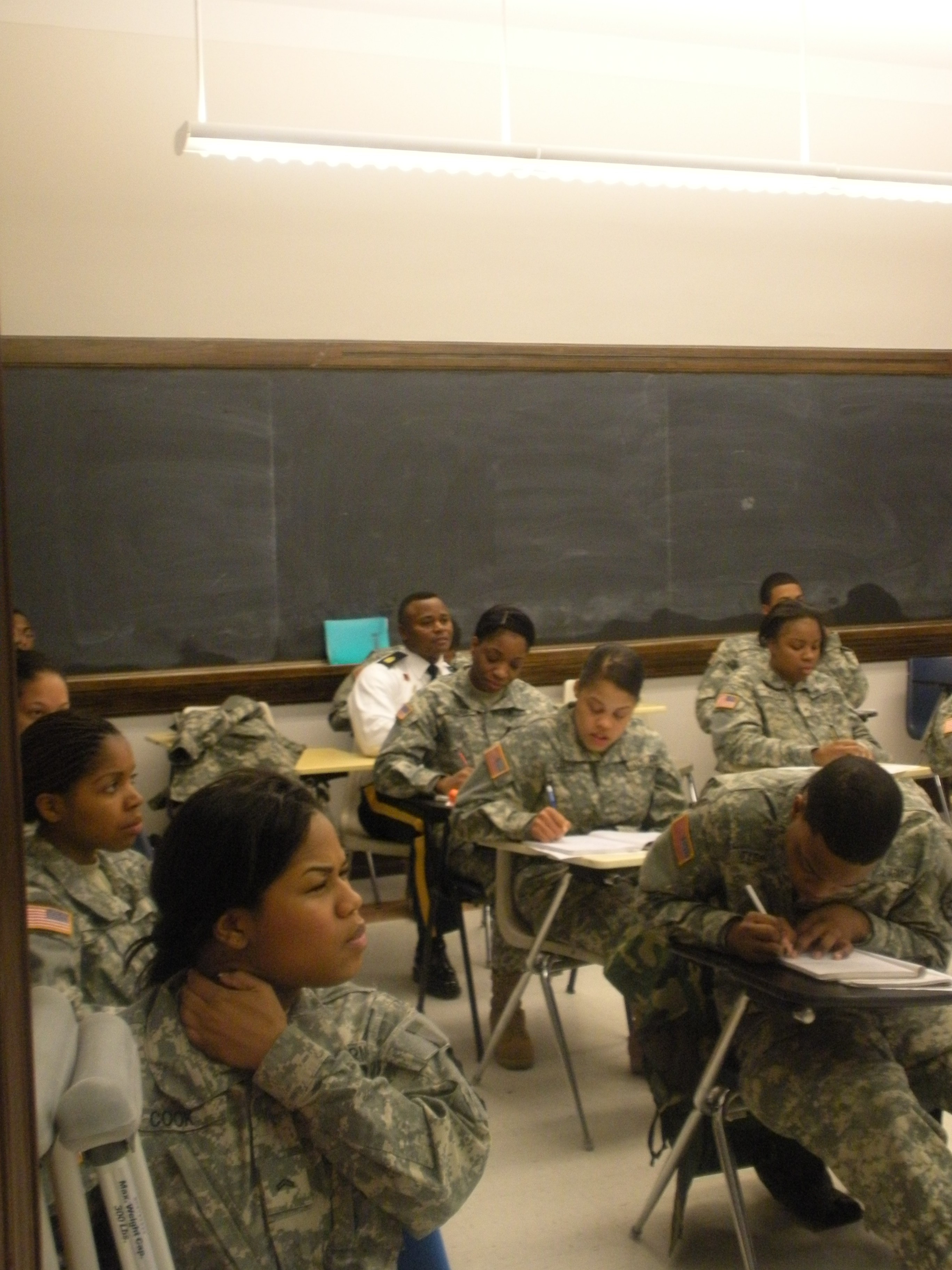
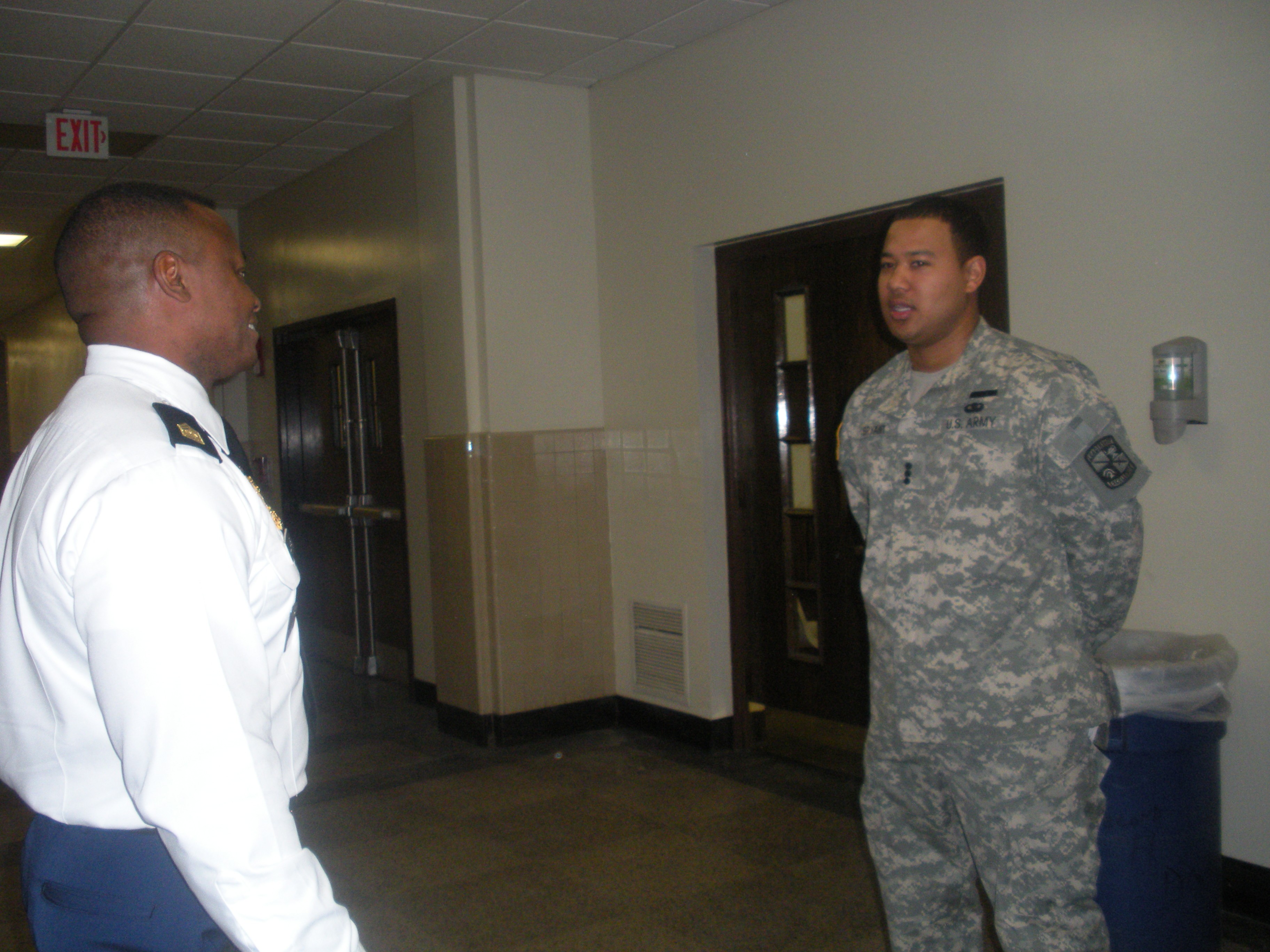
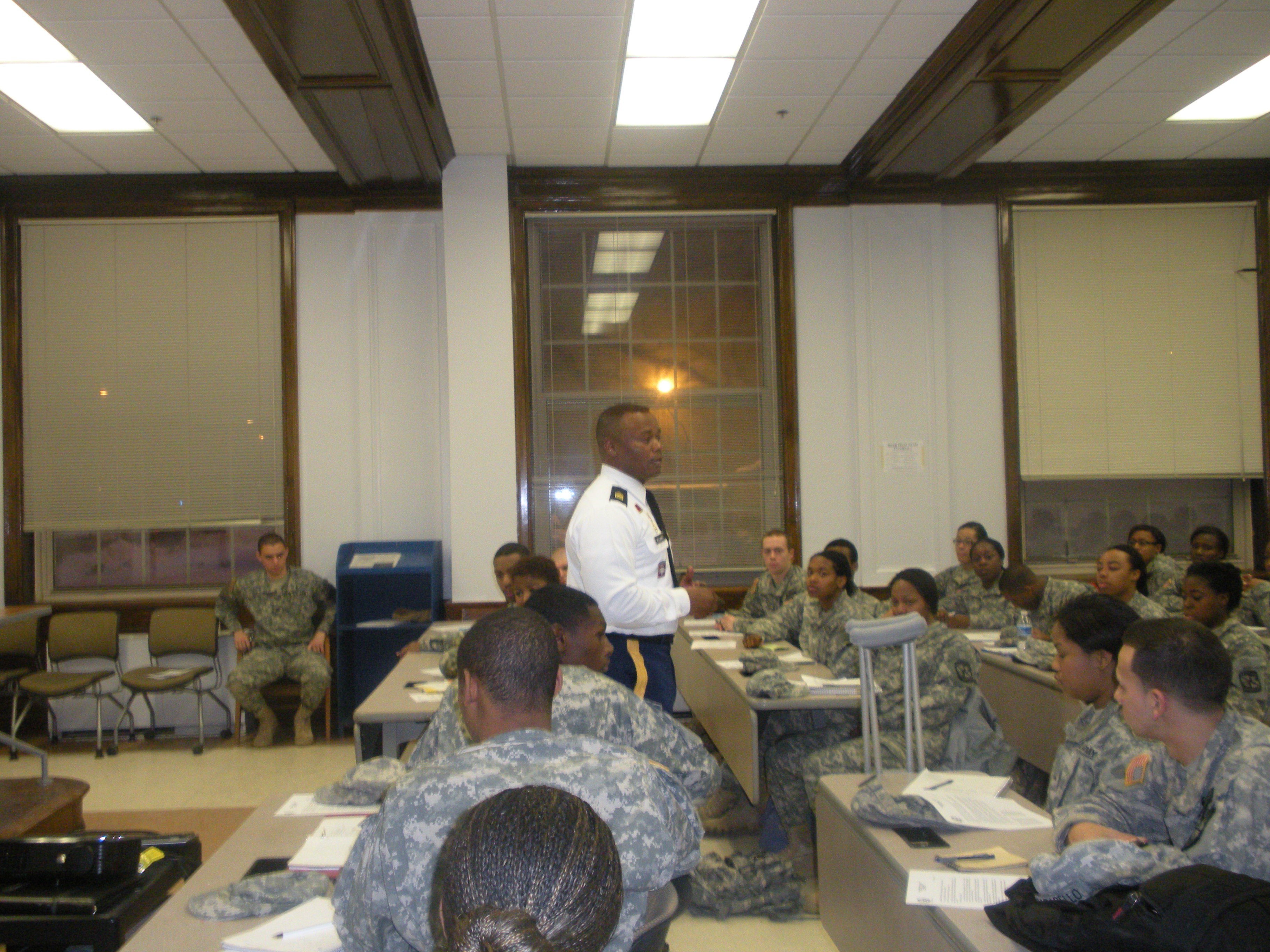
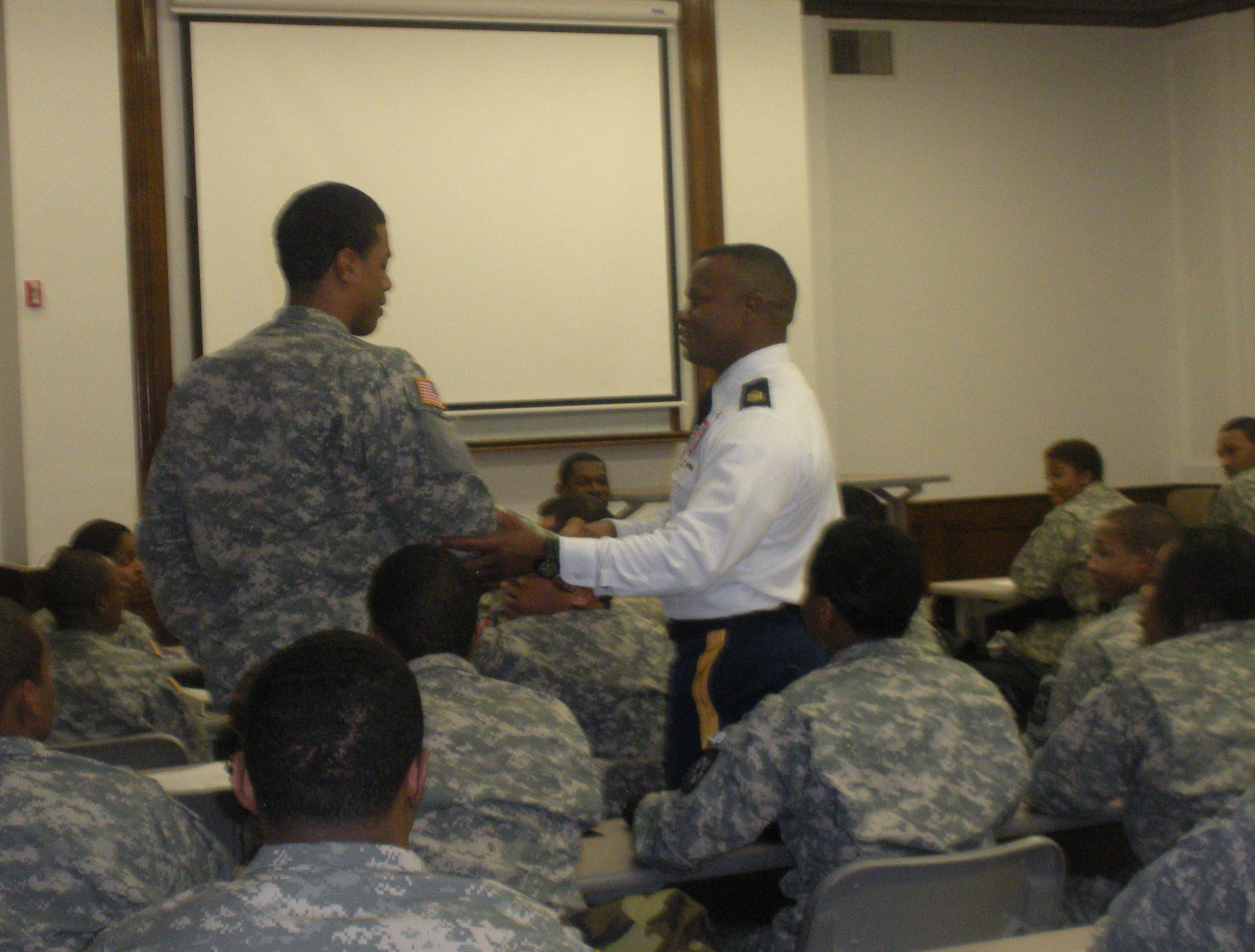
Social Sharing